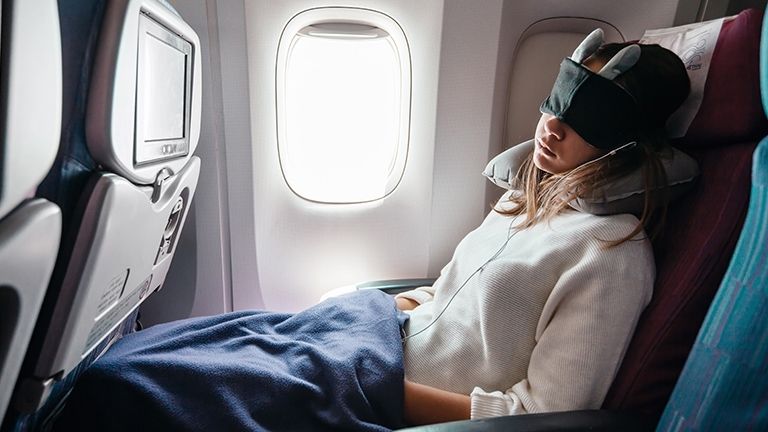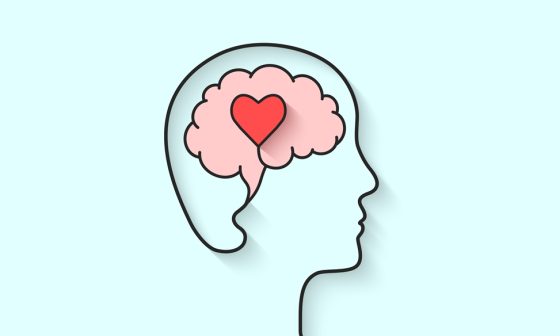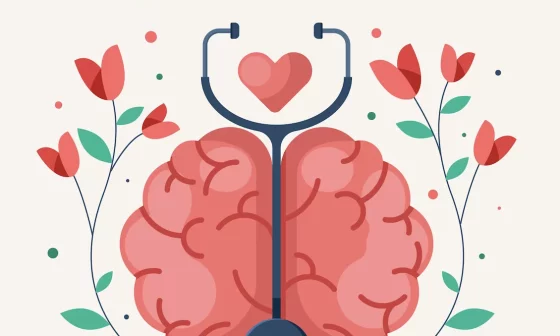Travelling is among the best pleasures for a lot of people. For some, it’s an essential part of their work. Whatever your reasons for travelling sleeping in, getting enough rest promotes health and lets you maximize the enjoyment of every vacation. Despite the importance of sleeping well, it’s not uncommon to experience sleep issues during travel. Sleeps poorly on vacation is a result of many reasons, however, there are concrete ways to improve your sleep travelling and for every day of your trip.
Table of Contents
What is the impact of travel on the work you do?
The effects of fatigue from travel can cause a lot of problems for people who work and travel. There are numerous issues that could arise when you work following a trip.
If someone has travel fear or anxiety about small transport like helicopters, flights or has a particular transportation fear. These fears result in sleep disturbances and make it difficult to fall asleep. On the following day, they are tired and sleepy throughout the day. They also feel unproductive at work.
Modalert 200 and Modvigil 200 will help you better by helping you remain alert and awake during the day. People who take the Smart Pill can feel more focused at work, remain focused and increase their brainpower. The Waklert 150, as well as Artvigil 150, are also a great choice as they can help you to treat sleepiness that is excessive during the day.
What causes sleep disruption If You Travel?
While travelling can offer exciting and new experiences, it also can be a source of frustration. A lot of people struggle to fall asleep while travelling, making it hard to truly appreciate the experience.
Fatigue from traveling
Travel can lead to physical and mental exhaustion which can lead to fatigue due to travel. Stress, headaches, sleep loss, and all sorts of discomfort are all indications of stress from travel.
Tiredness during travel could be caused by a myriad of causes:
- Fear of flying, or other types of transport.
- The fear of issues that could occur during a travel.
- Arriving on time and other stress related to logistics
- Motion sickness problem
- Long , tiring days of travel.
- There are interruptions or delays within the schedule.
- Inability to sleep when traveling, like on trains, planes or even in a car when sitting up straight.
- Constipation, constipation, and dehydration as well as respiratory tract infection could all be caused when you fly in a cabin with pressurization.
- Changes in the food and beverage consumption when traveling, which includes the increase in alcohol and caffeine use.
- Long periods of time may cause leg swelling stiffness and decrease physical movement.
It can happen at any moment and at any time and can worsen the health issues that are underlying.
Jet lag
Long-distance travel that crosses at least three time zones may result in jet lag, which is a temporary sleep disorder. The cycle of the circadian rhythm of an individual is still rooted in the time zone they live in at the time they arrive, which causes confusion in time with local times of their destination.
The inability to rest is a typical sign that is a result of jet lag. Affected mental or physical performance and fatigue during the day, stomach problems along general malaise, are just a few of the other signs.
Jet lag typically lasts for just a few days. However, it could last for some weeks before the circadian rhythm adapts to the local time. If you’re flying east and crossing several times zones, the jetlag is typically more than usual.
Changes to the Schedule
Even if one’s circadian rhythm doesn’t get disrupted due to jet lag, adjustments to their routine particularly their bedtime can cause sleep problems. It can be harder to get to sleep or stay asleep throughout the night if your sleeping routine is disturbed.
It’s common for people to want to squeeze the most they can into their schedules every day, particularly on holidays and business travels. This can lead to stress and/or an absence of sleep time allocated.
The Sleeping Places are new or uncomfortable places
There is a tendency for people to fall asleep more the first night in a different setting, as per research. “The “first-night phenomenon” was first noticed in the sleep clinics which is where researchers have discovered the same pattern.
The effects are commonplace, and not just within sleep centres. Other studies show that even in a relaxed environment such as a spa resort, the initial night’s sleep quality was less. According to some scientists, it is an evolutionary way of keeping the brain’s axon active while sleeping in a new location.
In the event of travel, sleep generally improves the second night, however, this isn’t always the case. It can be challenging to rest uninterrupted when the accommodation you stay in has a bad mattress or lots of sound or light.
Modifications to the Exercise and Diet Routines
It is often regarded as a relaxing escape from the daily grind, however, sleep disruptions can be caused by changes in the established patterns of sleep.
Travellers might be enticed to drink more alcohol or eat bigger meals than they normally do as both could affect sleeping routines. When travelling, you should exercise regularly can assist you in sleeping better, might be reduced or modified.
Other Pills:
Bottom line
Being aware of your sleeping habits while travelling isn’t simple to do. You should take note of the best practices to have a great working performance. Don’t allow your travel to interfere with your work.







